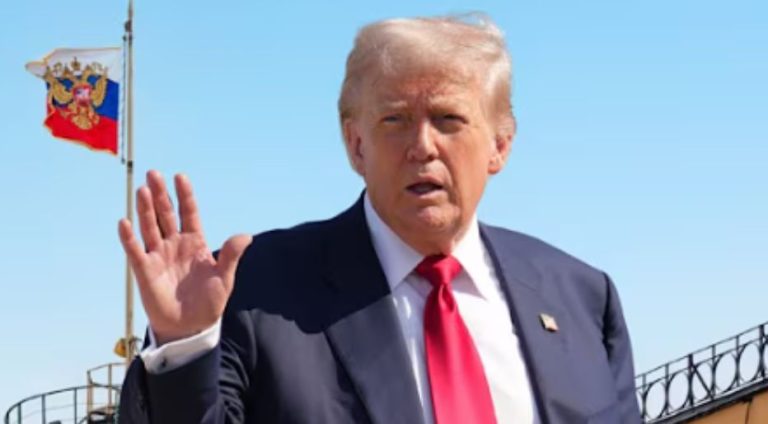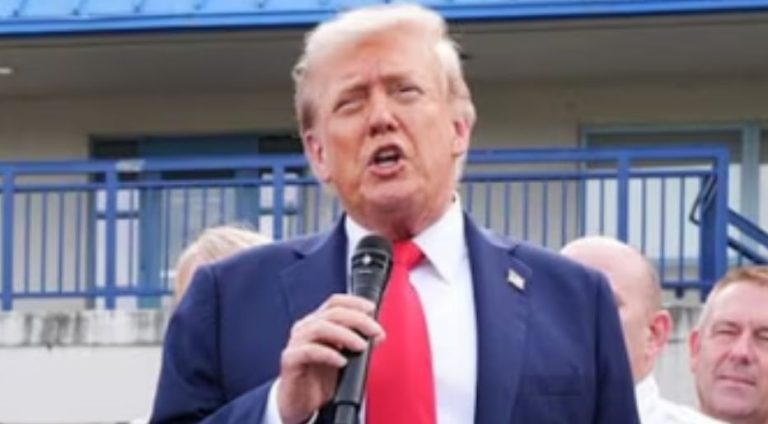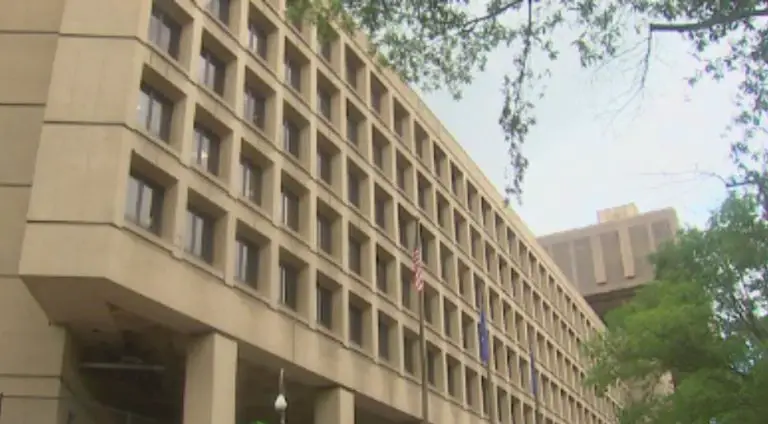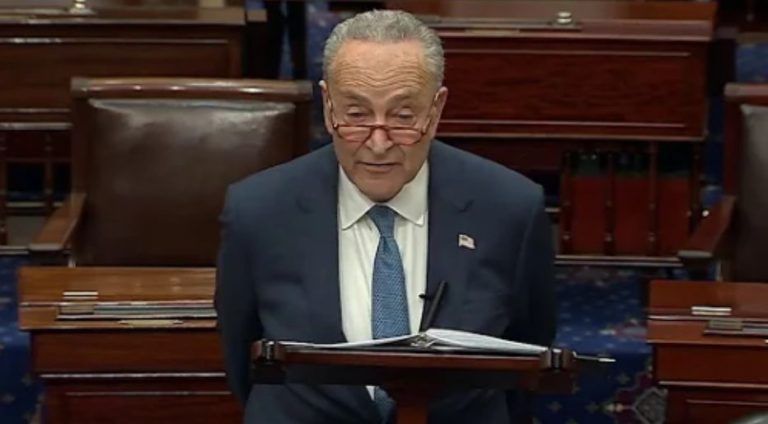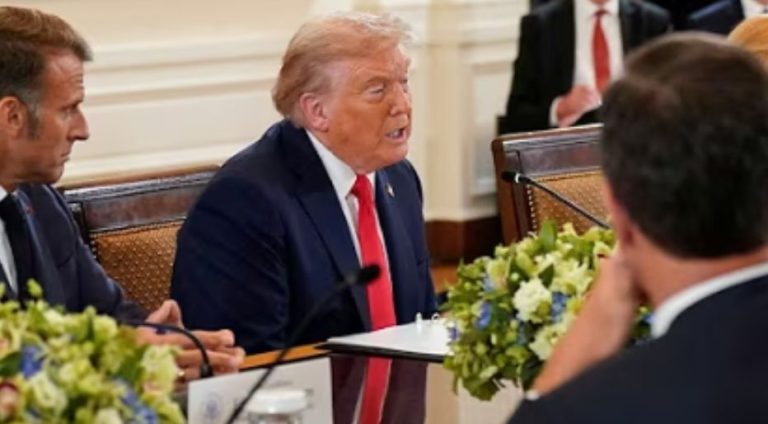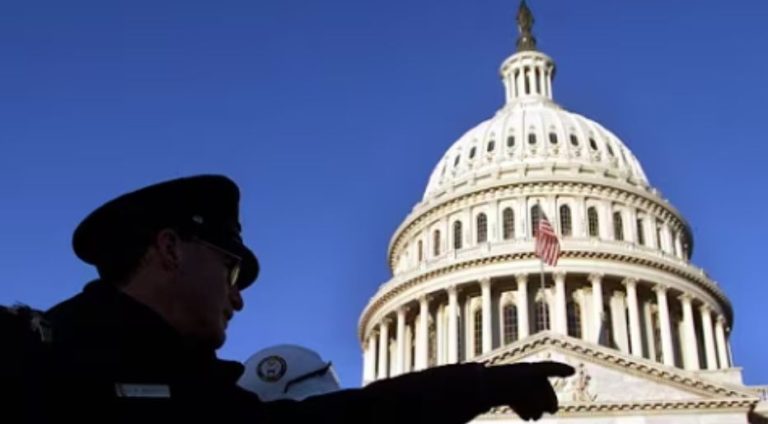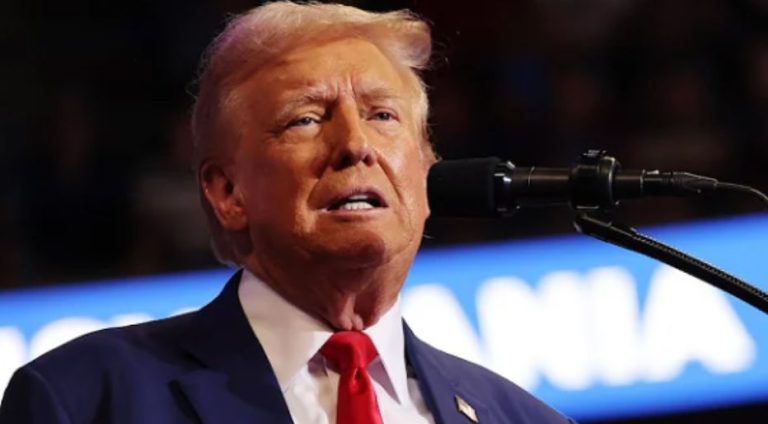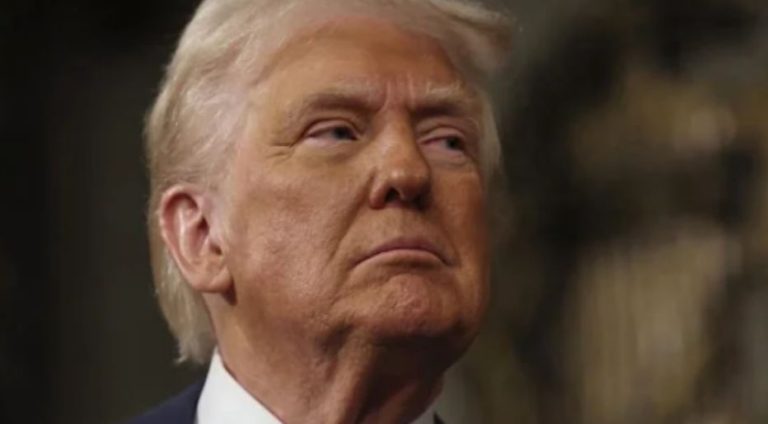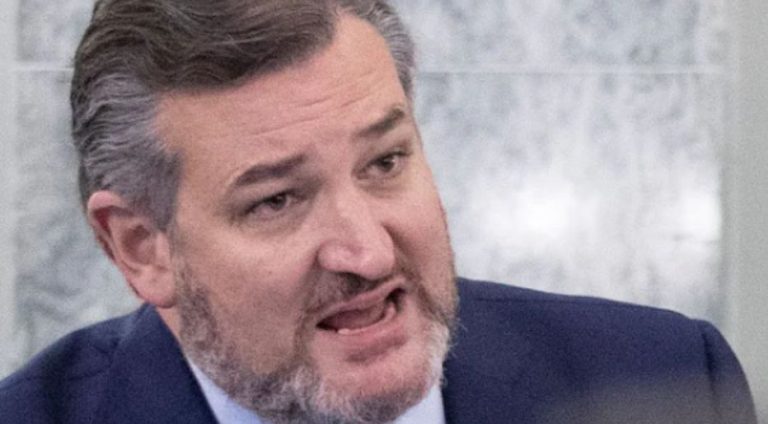No one is above the law. It doesn’t matter if politicians pretend they are.
Because a Democrat Senator was just put in cuffs after being caught in a terrible act.
Senator Flores’ DUI Arrest in Las Vegas
On September 12, 2025, Nevada State Senator Edgar Flores, a 39-year-old Democrat from the 2nd District, was arrested for suspected driving under the influence (DUI) in Northeast Las Vegas.
Las Vegas Metropolitan Police body camera footage captured Flores unresponsive at a traffic light near Lamb and Lake Mead boulevards around 3 a.m., slumped over in his Jeep Wrangler with the vehicle in drive and his foot on the brake. Officers attempted to wake him by flashing lights and trying to open the driver’s door before knocking on the window, startling him awake.
Flores, appearing disoriented, stated he had been playing soccer at Sunset Park and was driving home but struggled to recall his address. When questioned about alcohol, he admitted to consuming “one beer” around midnight.
After failing field sobriety tests, he was arrested and booked into the Clark County Detention Center on a misdemeanor DUI charge. Released without bail after a blood draw, as allowed under Nevada law, Flores faces a status hearing on January 12, 2026.
Discrepancies in Impairment Claims
Flores’ campaign issued a statement on X, asserting he was stopped after a demanding day of work, community events, exercise, and a late dinner, claiming he was fatigued but not impaired.
They stated he cooperated fully, agreeing to a breathalyzer and blood test, with the breath test allegedly showing a 0.00 blood alcohol content (BAC), and expressed confidence that the pending blood test results, expected in approximately 90 days, would confirm this.
However, police reported that Flores refused a preliminary breath test at the scene, and his observed signs of impairment—slurred speech, droopy eyes, and difficulty balancing during sobriety tests—prompted his arrest.
Flores’ team acknowledged the officers’ commitment to public safety but indicated they are reviewing whether his rights and privacy were respected, highlighting a conflict between the police account and the senator’s claims as the investigation awaits toxicology results.
Importance of Accountability for Public Figures
The arrest of Senator Flores underscores the necessity of holding elected officials accountable to the same legal standards as the public, particularly when their actions could endanger others.
The police’s thorough response—conducting comprehensive sobriety tests upon recognizing Flores’ status as a senator—reflects a commitment to impartial law enforcement.
While Flores maintains he was merely tired, the documented signs of impairment and his failure to pass field tests justify the officers’ actions and the ongoing investigation.
This case just goes to show the importance of ensuring public officials face scrutiny for potentially hazardous behavior, with the forthcoming toxicology results critical to determining whether alcohol or other substances contributed to his condition, reinforcing the need for transparency and accountability in maintaining public trust.

